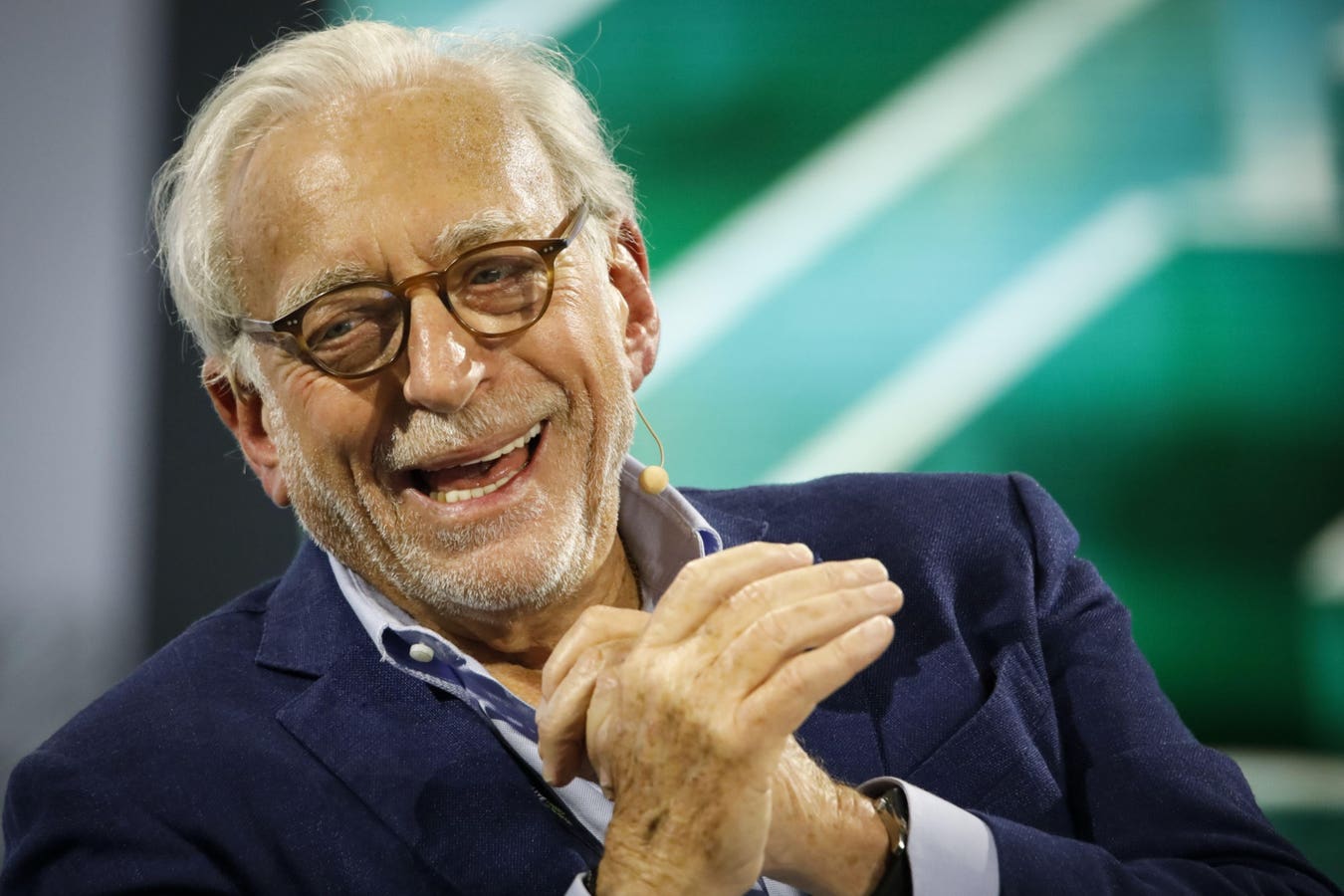Disney shareholders gave Nelson Peltz the cold shoulder, but at Unilever, where Peltz sits on the board, big changes he supports are in the works in what amounts to a tale of two boards.
A few weeks ago, Unilever announced plans to spin off Ben and Jerry’s, Magnum, Cornetto, Wall’s, and its entire ice cream business. Less than a year after taking the Unilever helm, Hein Schumacher, who had Peltz’s support, announced the plan in March as part of a narrower vision focused on growth and margins.
“Under the Growth Action Plan, we have committed to do fewer things, better, and with greater impact,” he said.
Unilever has a massive brand portfolio, including Axe, Dove, Vaseline, Lifebuoy, food brands such as Hellmann’s and Knorr, and ice cream brands. The company, which has grown to about 400 brands, wants to focus more on critical sectors and “power” brands rather than risk being distracted by a huge portfolio.
Disney and Unilever, two companies where Peltz’s hedge fund holds a big stake, are in flux. And one way or another, it’s likely Peltz will have some influence, directly or indirectly. A proxy vote is a key fork in a path but hardly the journey’s end.
While Peltz lost his bid for a board seat at Disney and won his bid for a seat on Unilever’s board in 2022, he’s a major force in and beyond F&B. Most people focus on management rather than investors and board members, but this might be a good time to take a look at who Nelson Peltz is.
To start, he is probably one of the biggest behind-the-scenes players in F & B. He has been involved in everything from the Kraft-Heinz merger to Mondelez International
MDLZ
Peltz has served on the board of global foodservice leader Sysco
SYY
PG
“Like you, many of us had feared that Nelson’s presence would disrupt the effectiveness of our Board process and derail the execution of our strategy,” they wrote, noting he was “additive to the Heinz board” and improved “long-term shareholder value.”
Peltz joined Heinz’s board in 2006 after Trian, his hedge fund, won a proxy battle but hasn’t always gained board seats. His efforts at Dupont, for instance, didn’t win him board seats. But when he’s on board, change can be imminent. He is known as an “activist” investor for good reason.
Ice Cream Feels the Heat
While the ice cream spin-off is dramatic, it is part of Unilever’s plan to shift the overall focus from F&B toward other goods. Peltz often advocates focusing on big brands, big margins, and growth. Who doesn’t? Ice cream’s slower growth and thinner margins didn’t help.
“Simplifying our portfolio and driving greater productivity will allow us to further unlock the potential of this business,” Schumacher said, noting Unilever’s role as “a world-leading consumer goods company delivering strong, sustainable growth and enhanced profitability.”
Ice cream sales were cooling, even if Ben and Jerry’s, for instance, sought to boost revenues through delivery. “Ice Cream had a disappointing year with declining market share and profitability,” the company said as it released its 2023 annual earnings.
Conflict may have cooled Unilever’s love of that ice cream brand. Ben and Jerry’s board sued Unilever in 2022 after Unilever sought to divest its Israeli business. The two resolved the litigation, but the friction didn’t help. Indeed, it was a sign of division between Unilever and Ben and Jerry’s independent board.
Ice Cream Interest or Unrest?
Peltz tends to come on board at companies where he thinks change can unlock value, whether through mergers, sales, spin-offs, or other restructuring. “Nelson came on the board because there was dissatisfaction with the performance,” Reuters quoted Schumacher saying of Unilever. “He saw an opportunity to buy at the share price where he thought there was potential.”
Unilever hasn’t been shy about selling. While spinning off ice cream is a big move, the company in 2021 sold most of its tea business, including Lipton, for $5 billion, according to Food Dive. But Unilever also has been in buying mode. In 2022, the company made a $68 billion bid for GlaxoSmithKline’s consumer business, including Tums, Centrum, and other products.
Although that didn’t go through, Unilever may have foreshadowed the spin-off when its board, in a regulatory filing, said the company’s direction “lies in materially expanding its presence in Health, Beauty, and Hygiene.”
Unilever has divided its business into Beauty & Wellbeing, Personal Care, Home Care, Nutrition, and Ice Cream. Nestle divides its business geographically, while Unilever does so based on product lines, something Peltz seems to favor.
The Full Nelson
While Peltz wasn’t greeted warmly at Disney, his background is deepest in F&B. From 1993 to 2007, he was Chairman and Chief Executive Officer of Triarc Companies, owner of Arby’s Restaurant Group and the Snapple Beverage Group. Before that, he was Chairman and Chief Executive Officer of Triangle Industries, which his biography bills as “the world’s largest packaging company.”
He typically brings heavy hitters from their industry to boardroom battles. Peltz sought a seat for former Disney CFO
CFO
DIS
After Peltz bought about $1 billion in Disney stock and pointed to a possible proxy fight, Disney described him as someone who does “not understand Disney’s businesses and lacks the skills and experience to assist the board in delivering shareholder value in a rapidly shifting media ecosystem.” George Lucas, Disney’s biggest shareholder, said entertainment is “not an amateur sport” before opposing Peltz’s effort to control Disney.
Peltz has even gotten seats after losing proxy battles. He fell short of a majority at Procter & Gamble, which then offered seats since he nearly won a majority. The proxy vote at Disney certainly isn’t the end of Peltz’s involvement with the House of Mouse. Meanwhile, Schumacher announced plans to lay off about 7,500 workers at Unilever. While Nelson Peltz’s defeat at Disney may be today’s headlines, tomorrow will tell what his and Schumacher’s impact will be on Unilever where he is on good terms with and has supported the CEO.
Read the full article here





